Claude Achille Debussy was born in Saint-Germain-en-Laye in France on August 22, 1862. A pianist and composer, he incorporated the ideas of Impressionism into his music. Debussy was born into a family of shopkeepers who moved to Paris in 1867. He was admitted to the Paris Conservatory when he was 10. In 1884, he won the prestigious Prix de Rome scholarship and moved to Rome to study at the Académie de France. During his time in Italy, he composed La demoiselle élue, a poignant and melodious operatic poem. The work was influenced by the music of German composer Richard Wagner. Debussy had first heard his work at the 1888 Wagnerian festival in Bayreuth, Germany. Debussy returned to Paris and, starting in 1892, began to compose his most famous work, Prélude à l'après-midi d'un faune. Inspired by a poem by poet Stéphane Mallarmé, the work established Debussy as a composer and marked the beginning of musical Impressionism, which favored tonal and rhythmic variety over traditional harmonic construction. In his music, Debussy used delicate harmonies and overtones to lead the listener into a world of intense and rarefied impressions.
The three Nocturnes (1899) for orchestra are another excellent example of Debussy’s impressionism. Rich in atmosphere and free of academic convention, their expressiveness is made clear by the titles of the movements: Nuages, or “Clouds,” Fêtes, or “Festivals,” and Sirènes, or “Sirens.”Debussy continued to compose into the 20th Century, writing music for the ballet and theater. He composed the music for the noted opera Pelléas and Mélisande, based on the play by Belgian author Maurice Maeterlinck. Claude Debussy died in Paris on March 25, 1918. He was 55. His innovations in harmony and style led the way for further modernization of classical music.
The three Nocturnes (1899) for orchestra are another excellent example of Debussy’s impressionism. Rich in atmosphere and free of academic convention, their expressiveness is made clear by the titles of the movements: Nuages, or “Clouds,” Fêtes, or “Festivals,” and Sirènes, or “Sirens.”Debussy continued to compose into the 20th Century, writing music for the ballet and theater. He composed the music for the noted opera Pelléas and Mélisande, based on the play by Belgian author Maurice Maeterlinck. Claude Debussy died in Paris on March 25, 1918. He was 55. His innovations in harmony and style led the way for further modernization of classical music.
RELATED
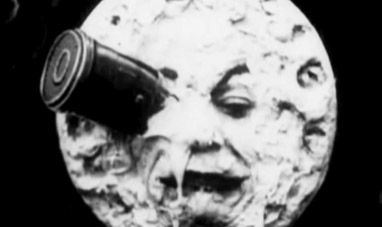

GEORGES MÉLIÉS
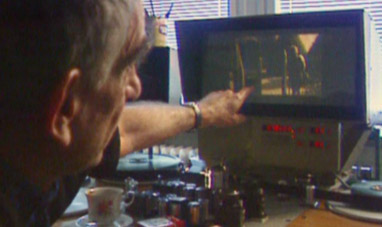

KRZYSZTOF KIELOWSKI
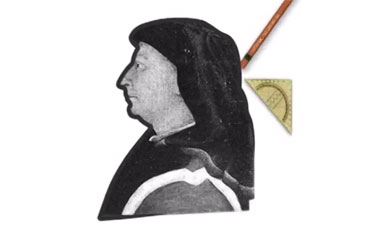

FILIPPO BRUNELLESCHI
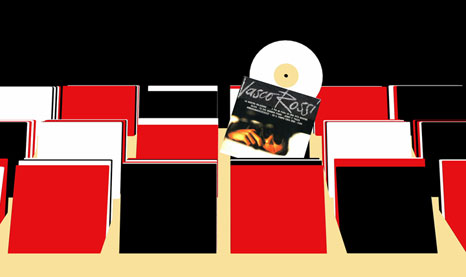

VASCO ROSSI
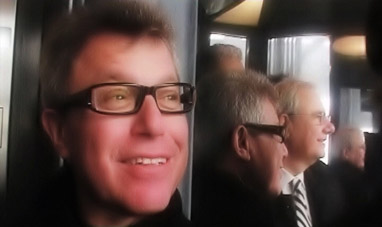

DANIEL LIBESKIND
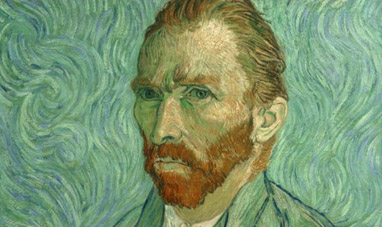

VINCENT VAN GOGH
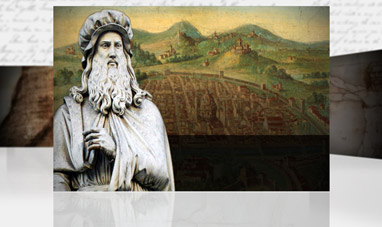

LEONARDO DA VINCI
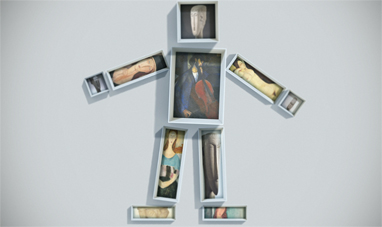

AMEDEO MODIGLIANI
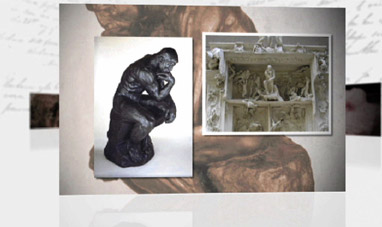

AUGUSTE RODIN
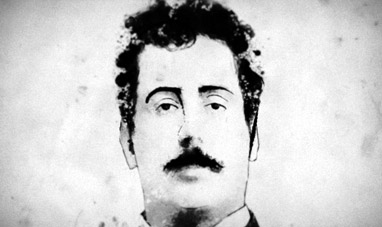

GIACOMO PUCCINI
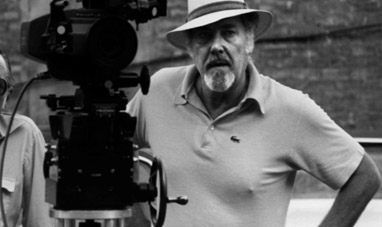

ROBERT ALTMAN


BRUCE CHATWIN
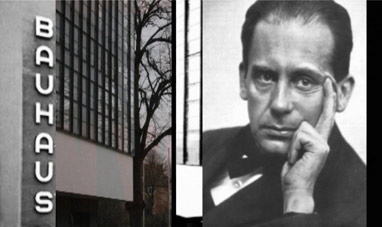

WALTER GROPIUS
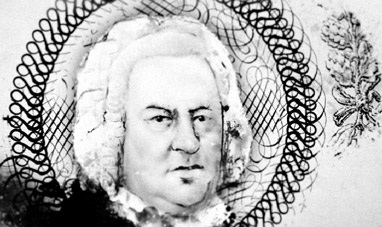

JOHANN SEBASTIAN BACH
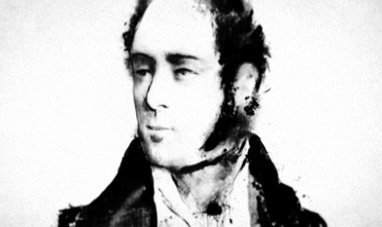

VINCENZO BELLINI


GABRIELE SALVATORES
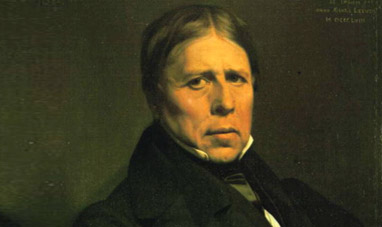

JEAN AUGUSTE DOMINIQUE INGRES
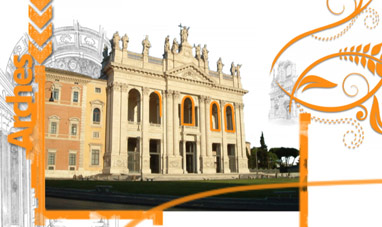

FRANCESCO BORROMINI
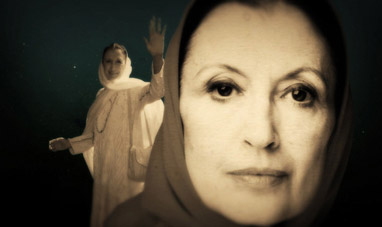

CARLA FRACCI
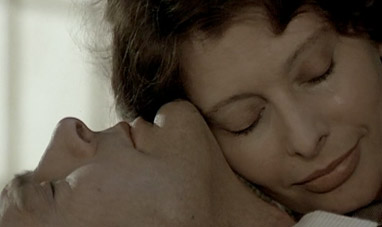

SOPHIA LOREN
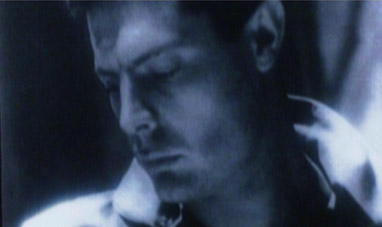

MARCELLO MASTROIANNI
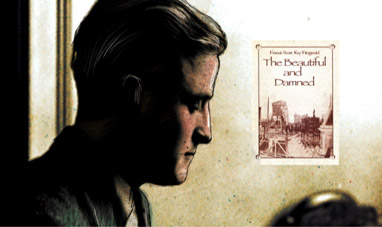

FRANCIS SCOTT FITZGERALD


RITA HAYWORTH


KATE MOSS
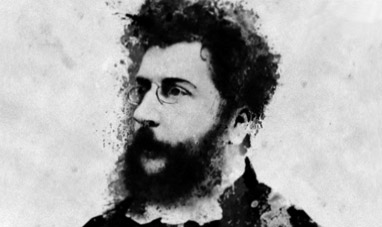

GEORGES BIZET
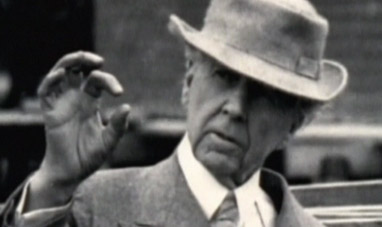

FRANK LLOYD WRIGHT
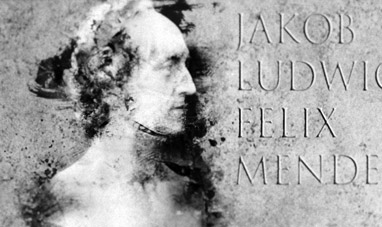

FELIX MENDELSSOHN
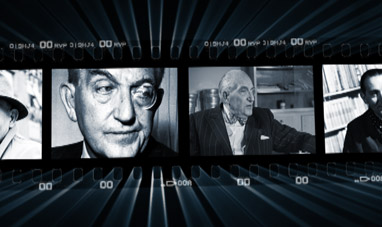

FRITZ LANG
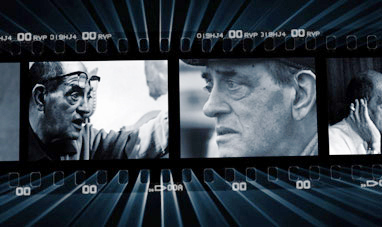

LUIS BUÑUEL
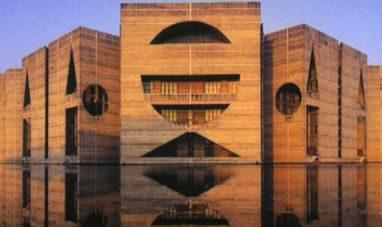

LOUIS KAHN
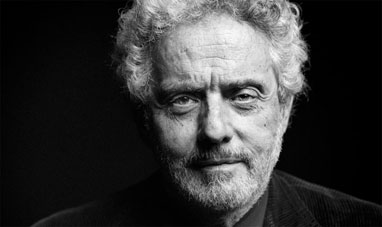

NICOLA PIOVANI


AKIRA KUROSAWA
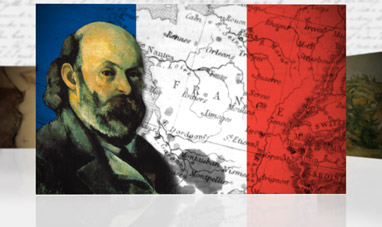

PAUL CÉZANNE


RENZO PIANO


GEORGE BALANCHINE
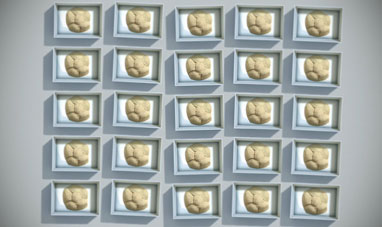

PIERO MANZONI
